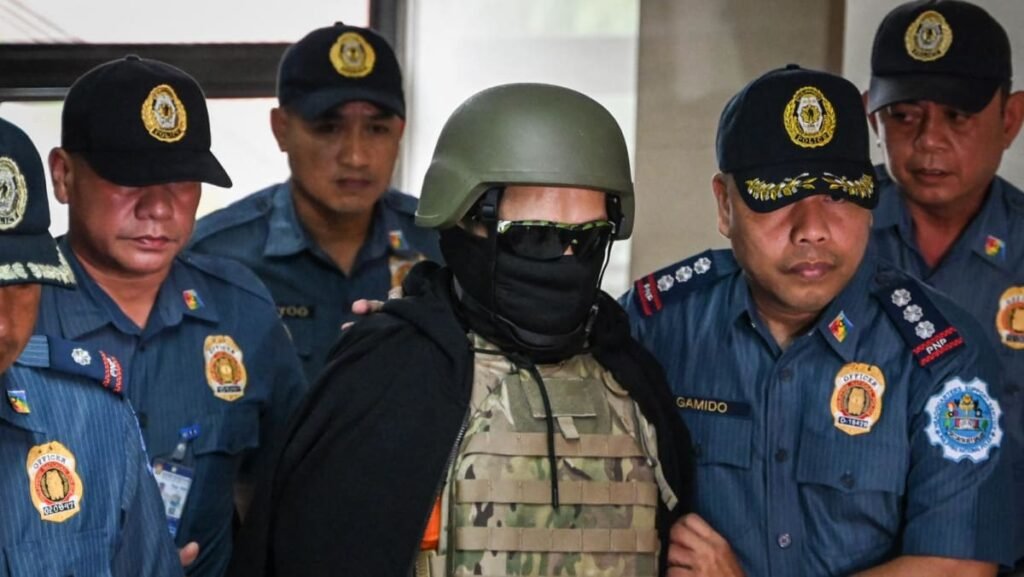Apollo Quiboloy, a detained Philippine pastor wanted in the United States for sex trafficking children, has registered to run in the country’s senate elections. Quiboloy, an ally of former president Rodrigo Duterte, leads a sect with millions of followers and claims himself as the “Appointed Son of God.” The 74-year-old is currently facing charges of child abuse, sexual abuse, and human trafficking in Manila. Despite his legal troubles, one of his lawyers filed his candidacy paperwork, stating that Quiboloy wants to be a part of the solution to the country’s problems and is running for the sake of God and the Philippines.
Quiboloy’s lawyer, Mark Christopher Tolentino, mentioned that the pastor aims to promote laws that are “God-centred, Philippine-centred, and Filipino-centred.” This statement was made after submitting the candidacy papers to election officials. Quiboloy’s pledge to push for religious-centric policies raises concerns about the potential influence of his sect on Philippine politics if he were to be elected as a senator. With his sizable following and close ties to Duterte’s administration, Quiboloy’s candidacy could polarize the electorate and provoke debates on the separation of church and state.
The pastor’s involvement in a legal case involving serious crimes like child abuse and human trafficking adds another layer of controversy to his candidacy. It remains to be seen how the ongoing legal proceedings will impact his campaign and whether his supporters will rally behind him despite the accusations. Quiboloy’s reputation as a religious leader and his association with Duterte could sway some voters in his favor, especially among those who share his religious beliefs or political views. However, the allegations against him may also deter others from supporting his candidacy and raise questions about his fitness for public office.
Quiboloy’s decision to run for the senate has sparked discussions about the intersection of religion and politics in the Philippines. As a prominent religious figure with a significant following, his candidacy underscores the influence of religious groups in shaping public policy and political discourse. The pastor’s bid for a seat in the senate could potentially mobilize his supporters and amplify his message, but it could also attract scrutiny and criticism from various sectors of society. The outcome of the elections will ultimately determine the extent of Quiboloy’s impact on Philippine politics and the role of religion in governance.
The combination of Quiboloy’s legal troubles, religious background, and political aspirations creates a complex narrative that raises broader questions about accountability, ethics, and governance. The pastor’s candidacy highlights the complexities of navigating the intersection of faith, power, and public service in a diverse and deeply religious society like the Philippines. As the election campaign unfolds, the public will closely monitor how Quiboloy’s candidacy is received and whether it sparks debates about morality, legality, and the role of religious leaders in politics. Ultimately, the voters will have the final say on whether Quiboloy’s bid for the senate is a reflection of their values and priorities as a nation.












